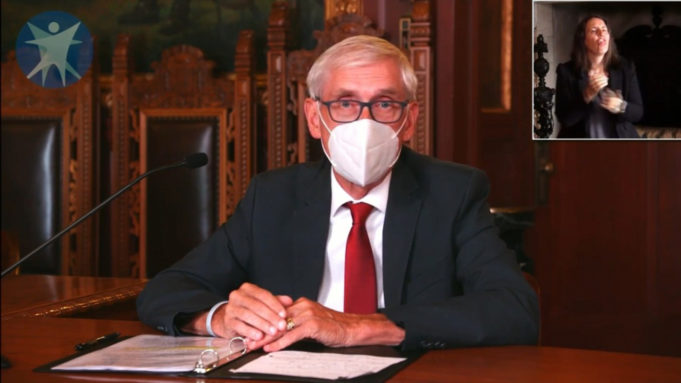The Wisconsin Department of Health Services has annoucned a program to raise awareness and access to COVID-19 vaccine among communities that have faced both historical and current barriers to health care services and the COVID-19 vaccine.
DHS said it plans to spend $6.1 million to reach people in both urban and rural areas who have faced both historical and current barriers to getting healthcare. Of that, $3.1 million of the investment will fund efforts to activate organizations to serve as trusted messengers to build vaccine confidence and reduce barriers that may impede vaccinations in urban and rural areas.
“In just two months, we have vaccinated almost one million Wisconsinites with their first dose of the vaccine,” said Governor Tony Evers in a statement. “We need to continue our efforts and outreach to make sure to get as many Wisconsinites protected from COVID-19 as possible. By investing in trusted organizations to engage in strategic outreach, coordination, and vaccine education for racially and geographically diverse populations, we are better able to protect our communities that have been hit hardest by COVID-19.”
Application for the grant program is now open and organizations that engage in work to reduce socioeconomic or health inequities across Wisconsin are encouraged to apply. This grant program aims to address these disparities by investing in organizations to provide culturally competent information to build vaccine confidence, reduce racial and geographic barriers that prevent people from accessing the COVID-19 vaccine, and to serve as trusted messengers in promoting the safety and efficacy of the vaccines, according to a news release. Applicants that demonstrate a commitment to addressing vaccine hesitancy and minimizing accessibility issues will be prioritized.
“COVID-19 vaccines are available in hundreds of places around the state every day, but people without easy access to the internet, or without an existing relationship with a healthcare provider, may not be aware of how to get vaccinated when they are eligible,” said DHS Interim Secretary Karen Timberlake. “We also know that some people may not trust information about the COVID-19 vaccine due to a history of racism and mistreatment experienced by many communities. This grant will help close gaps in access to information and address some of those drivers of vaccine hesitancy by investing in partners that are in the best positions to promote vaccination efforts in their communities.”




























